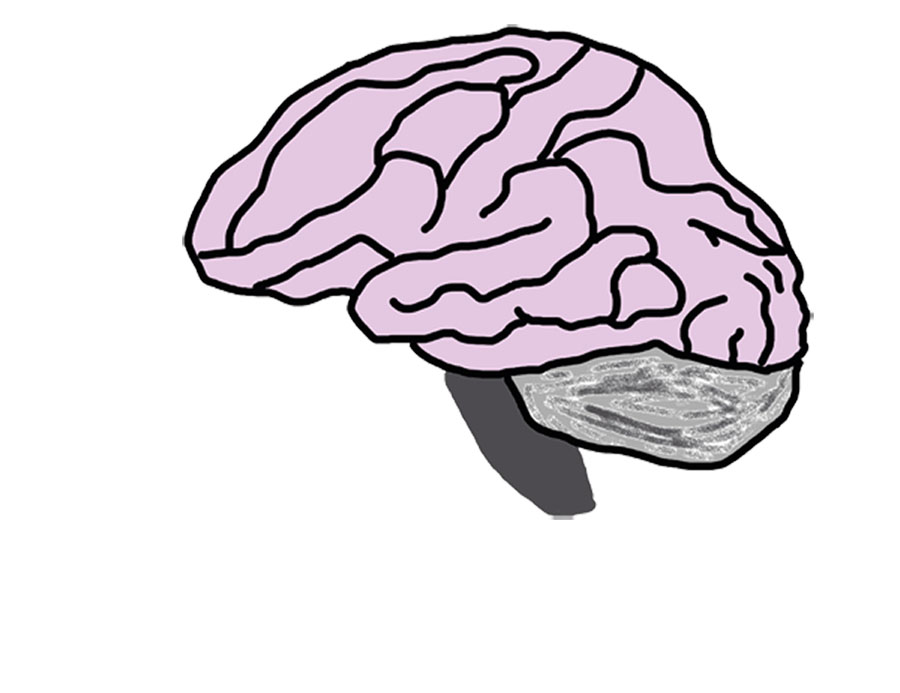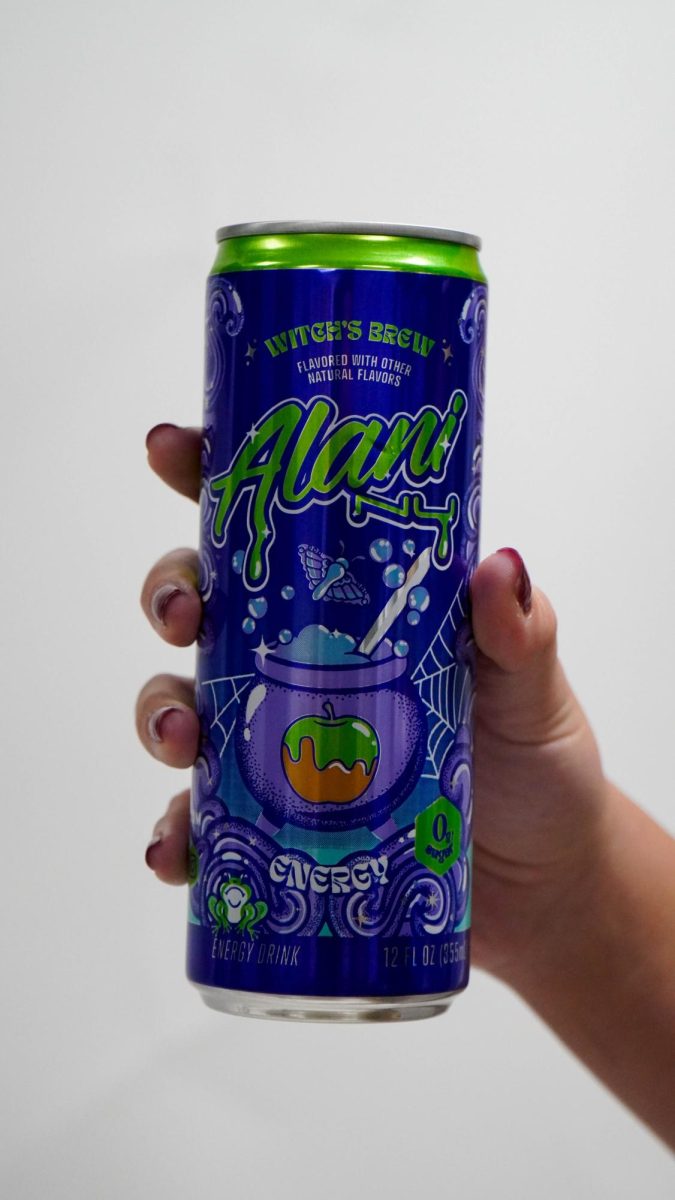According to the World Health Organization, “one in four people will be affected by mental disorders at some point in their lives,” but mental health is something everyone has to deal with, and it should be treated just as seriously as physical health.
There are various ways to keep your mind healthy such as excersising and getting enough sleep. However, having a mental illness doesn’t mean you didn’t take care of your mental state. Mental illnesses can be the result of a chemical imbalance, trauma or genetic predisposition.
Mental illnesses vary widely, anything from eating and mood disorders to anxiety disorders and schizophrenia.
Warning signs of compromised mental health could include weight loss or gain, change in sleeping pattern, change in mood, change in energy level, change in someone’s social routine, and possible compromised performance at either school or work, according to Mental Health America.
Those with mental illnesses should not blame themselves. Help is always available, and he or she should seek help because it is possible to get better.
It is important to be informed about mental health because many misconceptions about mental illness exist.
For example, some people believe that those with mental illness can “snap out of it” if they try hard enough. However, this is completely false. It is possible to recover, but in general, not without help. Someone with diabetes, as a parallel, can’t just “snap out of it.”
There is also a misconception that mental illnesses are “embarrassing,” and they show “weakness.”
This causes those with mental illness to feel ashamed about seeking help.
“[People don’t seek treatment] because of misconceptions about mental illness,” guidance counselor Chris Hempsted said. “Sometimes people are afraid of what they are not familiar with.”
Part of the reason why people may be resistant to seeking help is the fear of social stigma which our culture have applied to having a mental illness. Historically, the general public has had fear of mental illness because of lack of education.
“People have a tendency to fear that which they don’t understand,” AP Psychology teacher Donna Walker said.
This explains why people don’t seek help for themselves, but why wouldn’t people seek help for someone they love? If you have a friend who had a chronic headache for two months, wouldn’t you convince him or her to visit the doctor?
“Mental illnesses are not as clearly understood [by the general public] in terms of symptoms or treatments as are other illnesses such as cancer or the flu….people lack understanding,” previous AP Psychology teacher Deb Costello said.
When someone comes to you seeking advice because he or she is having anxiety or feeling depressed, he or she doesn’t want to be told to “cheer up” or “you’re just overreacting.” Instead, he or she might just want to sit down and have a conversation where he or she feels accepted and loved. “Teenagers in particular balk at the idea of helping their friend. They fear either getting their friend into trouble or losing their friendship,” Donna Walker said.
If you suspect that you or someone you know may be in mental distress don’t be afraid to be honest and seek help.
“I think people have compassion but are not sure what to say,” Costello said. “It is difficult to know what to say to someone suffering from depression. What would be appropriate or helpful?”
Treating people with dignity and respecting everyone regardless of their flaws either in character or chemistry will improve everyone’s daily life.
“I think everyone though, whether they have mental illness or not, wants to be treated with dignity,” Walker said.
If you have noticed changes in yourself or someone you love, consult someone you trust.
You can approach any teacher on campus, Mrs. Hempsted, your advisor, a parent or someone else’s parent that you trust.
In the case of an emergency, there are many crisis hotlines you can call, like (1-800-273-8255) and online resources.
Instead of viewing mental illnesses as embarrassing and weak, we should become more accepting and honest. The thing that matters most is your health and happiness.
















